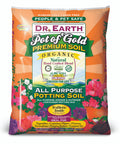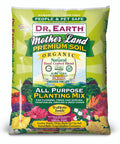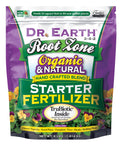Details
White Out Vine Lilac is a multi-stemmed evergreen vine. Its relatively fine texture sets it apart from other landscape plants with less refined foliage.
This vine will require occasional maintenance and upkeep, and should only be pruned after flowering to avoid removing any of the current season's flowers. It is a good choice for attracting bees and butterflies to your yard. It has no significant negative characteristics.
White Vine Lilac is recommended for the following landscape applications:- Hedges/Screening
- Trellis and Arbors
- General Garden Use
- Groundcover
- Container Planting
Features
White Out Vine Lilac is clothed in stunning clusters of white pea-like flowers along the branches from late winter to mid spring, which emerge from distinctive flower buds. It has attractive bluish-green foliage with hints of powder blue which emerges chartreuse in spring. The small narrow leaves are highly ornamental and remain bluish-green throughout the winter. The fruit is not ornamentally significant. The coppery-bronze stems can be quite attractive.
Care
Planting & Growing
White Out Vine Lilac will grow to be about 6 to 7 feet tall at maturity, with a spread of 4 feet. It has a low canopy. It grows at a medium rate, and under ideal conditions can be expected to live for approximately 10 years.
This shrub does best in full sun to partial shade. It prefers dry to average moisture levels with very well-drained soil, and will often die in standing water. It is considered to be drought-tolerant, and thus makes an ideal choice for a low-water garden or xeriscape application. It is not particular as to soil pH, but grows best in poor soils, and is able to handle environmental salt. It is somewhat tolerant of urban pollution. This is a selected variety of a species not originally from North America.
White Out Vine Lilac makes a fine choice for the outdoor landscape, but it is also well-suited for use in outdoor pots and containers. It can be used either as 'filler' or as a 'thriller' in the 'spiller-thriller-filler' container combination, depending on the height and form of the other plants used in the container planting. It is even sizeable enough that it can be grown alone in a suitable container. Note that when grown in a container, it may not perform exactly as indicated on the tag - this is to be expected. Also note that when growing plants in outdoor containers and baskets, they may require more frequent waterings than they would in the yard or garden.

































